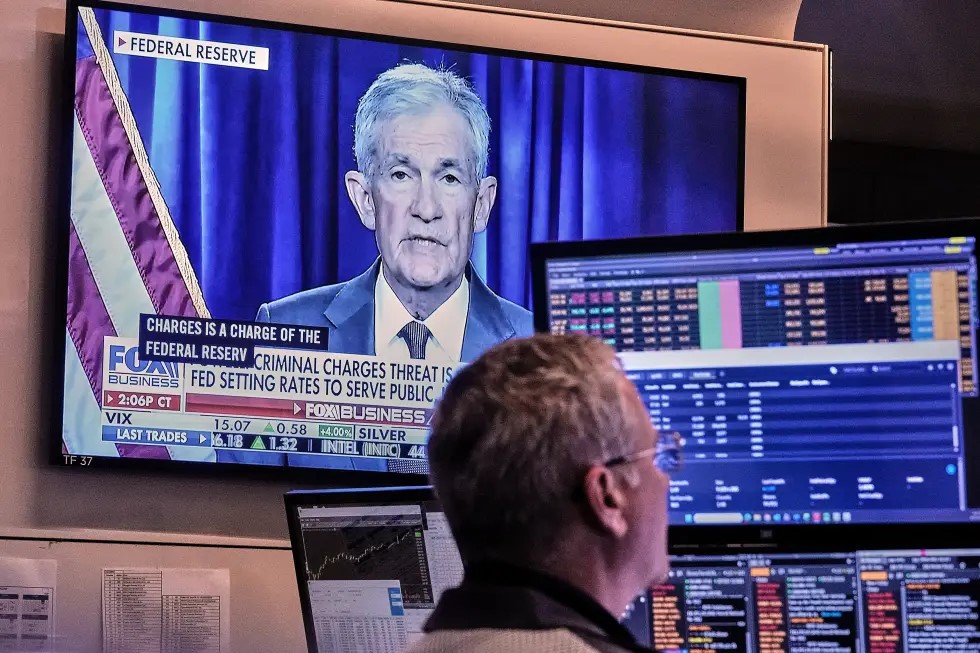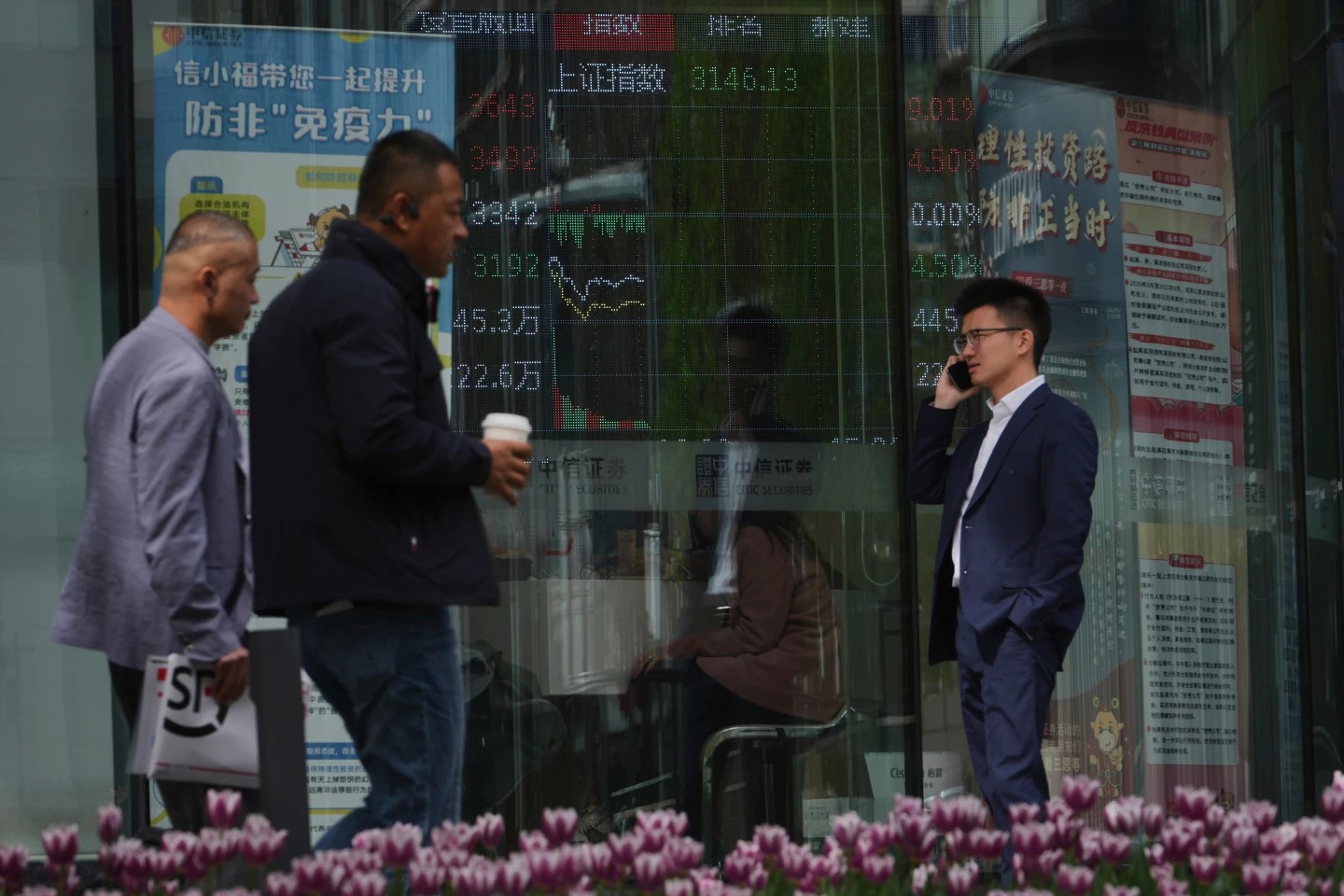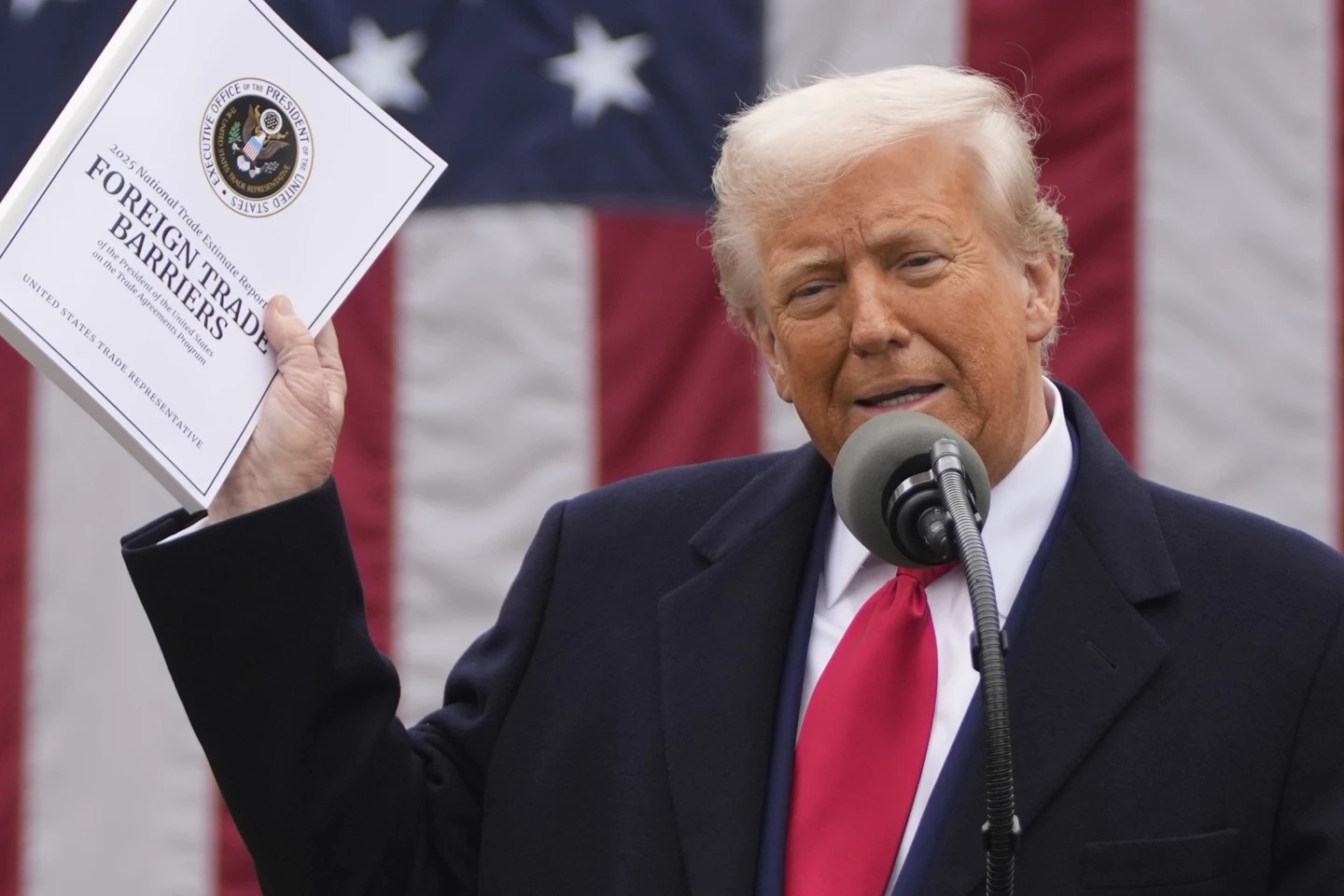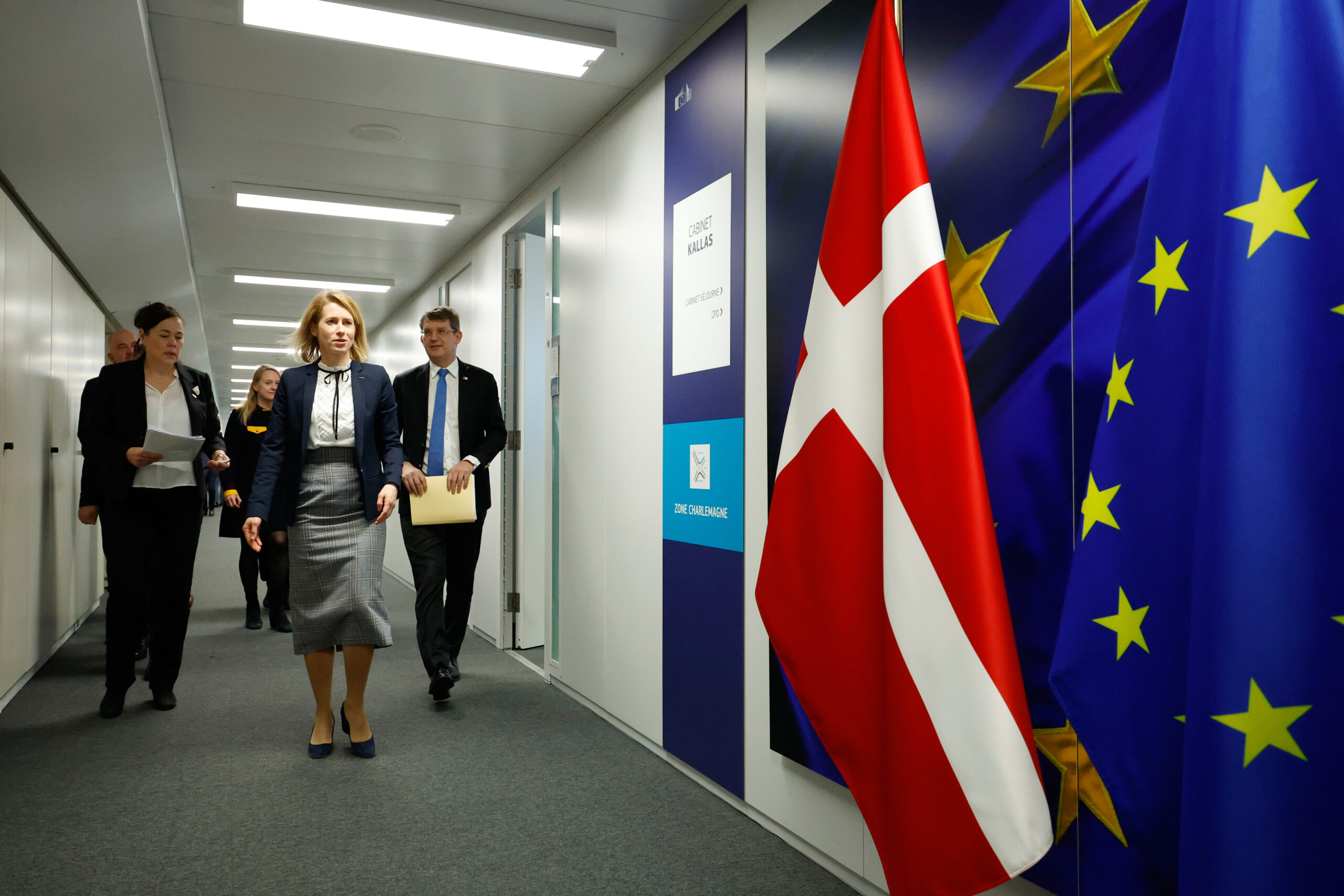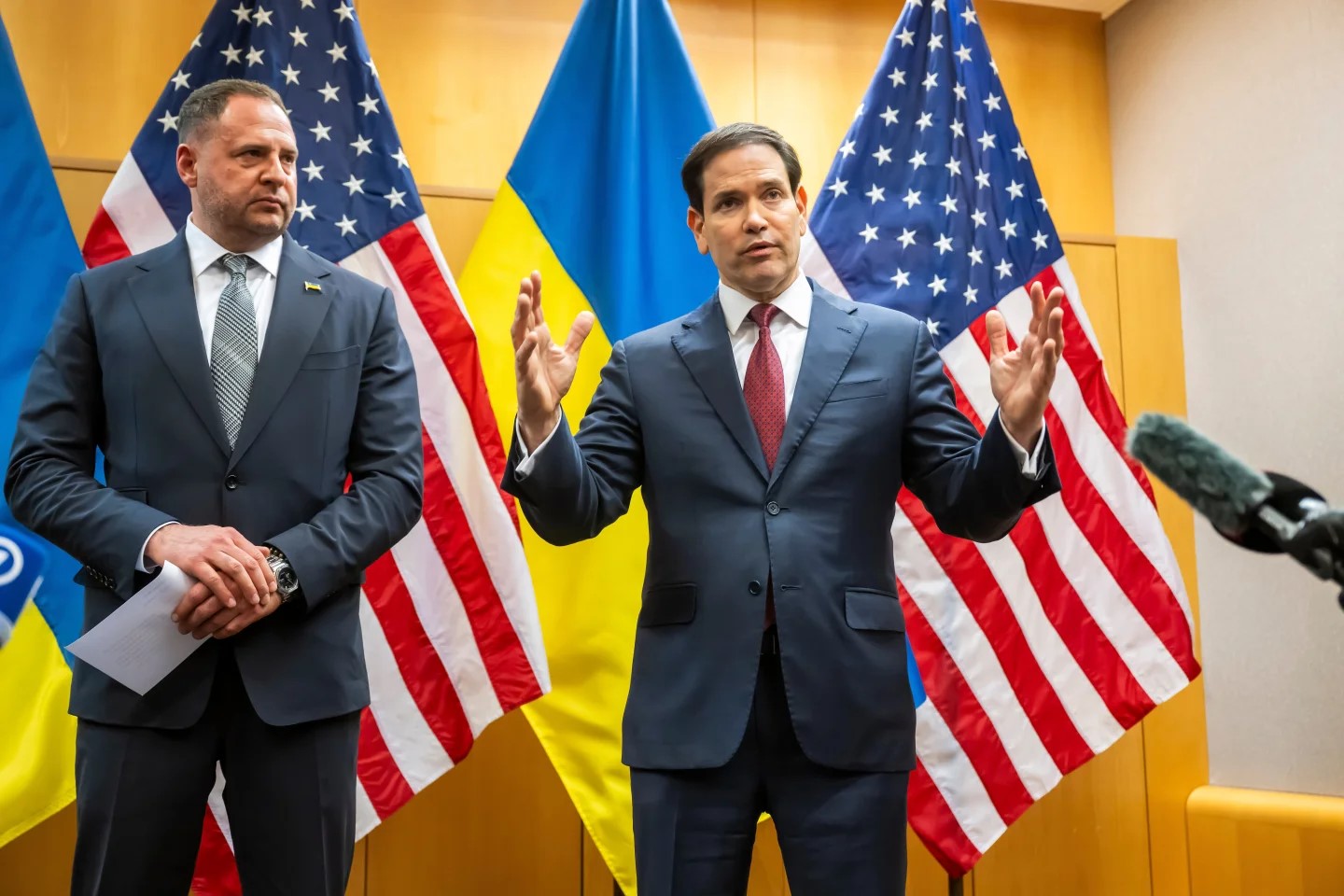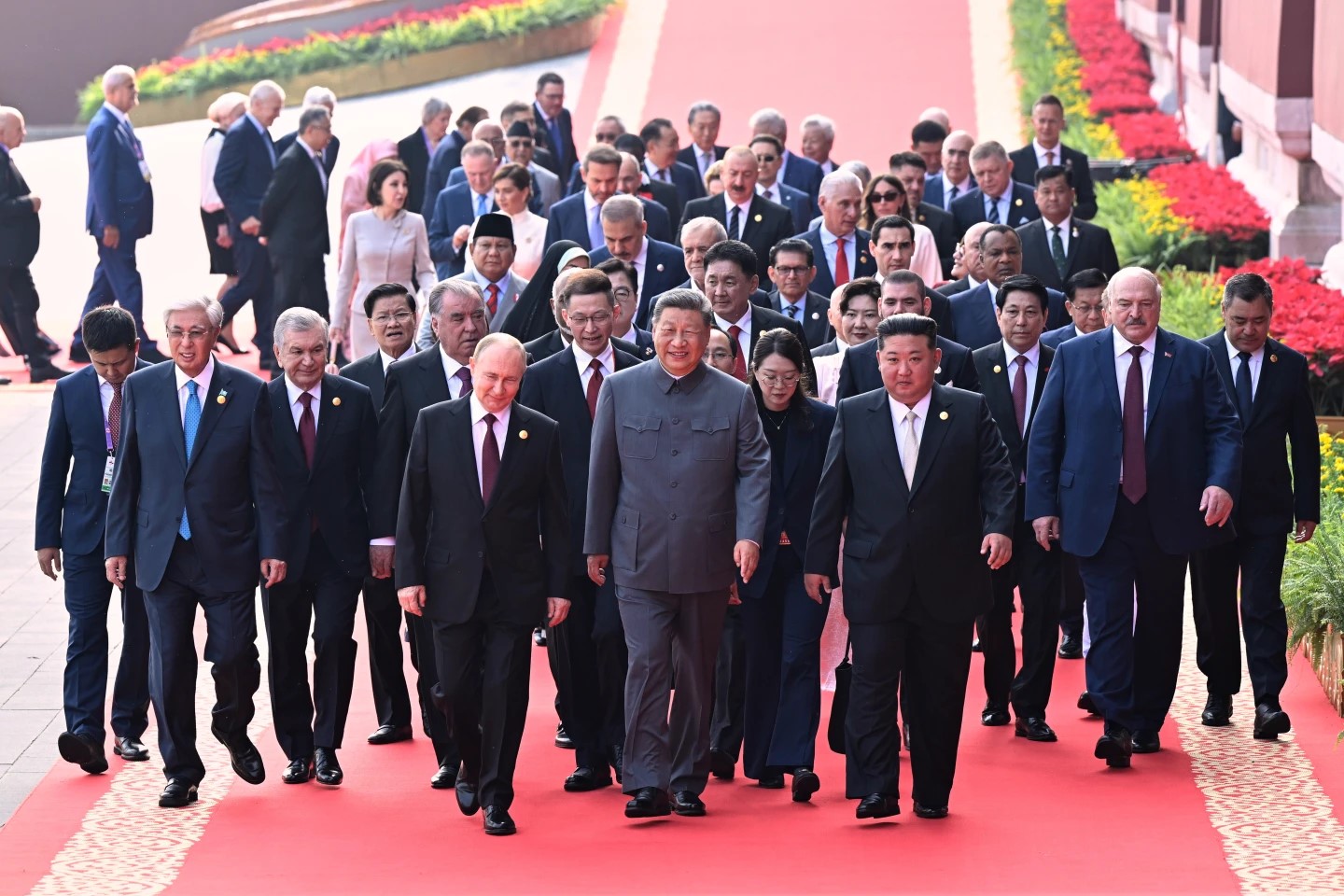Written by PAN PYLAS
The European Central Bank, which sets interest rates for the 20 countries that use the euro currency, does not expect the bloc to slide into recession as it cut borrowing costs once again Thursday in the wake of recent data showing inflation across the bloc falling to its lowest level in more than three years, and economic growth waning.
The bank’s rate-setting council lowered its benchmark rate from 3.5% to 3.25% — its third reduction since June — at a meeting in Llubljana, Slovenia, rather than its usual Frankfurt, Germany, headquarters, and said the “disinflationary process is well on track.”
According to revised figures on Thursday, inflation across the 20-country eurozone, sank to 1.7% in September, the first time in three years that it has been below the ECB’s target rate of 2%.
In a statement accompanying the decision, the ECB predicted an inflation pick-up in the coming months, before a return to its target in the course of next year.
In a press briefing following the decision, ECB President Christine Lagarde gave few signals that the bank would be cutting interest rates again at the next policy meeting in December, stressing that the governing council is “not pre-committing to a particular rate path.”
She insisted that decisions will “follow a data-dependent and meeting-by-meeting approach.”

The European Central Bank stands at right as soccer players practise on a field next to the river Main, in Frankfurt, Germany, late Thursday, Sept. 19, 2024. (Photo via AP Photo/Michael Probst.)
Lagarde did acknowledge that the recent data on economic activity had come in “somewhat weaker than expected,” pointing to a contraction in manufacturing sector and weaker exports. Even though Germany, Europe’s powerhouse economy, saw output shrink in the second quarter, albeit by 0.1%, Lagarde said that she she didn’t expect the eurozone economy overall to fall into recession.
“On the basis of the information that we have, we certainly do not see a recession,” she said.
Economists think mounting evidence of an economic slowdown in the eurozone, particularly in Germany, will pile pressure on rate-setters to consider another cut to help bolster growth by making it even cheaper for businesses and consumers to borrow. In the second quarter of the year, the eurozone expanded by a modest quarterly rate of 0.2%.
“The trends in the real economy and inflation support the case for lower rates,” said Holger Schmieding, chief economist at Berenberg Bank.
The ECB, which was created in 1999 when the euro currency was born, started raising interest rates in the summer of 2021, taking them up to a r ecord high of 4% in Sept. 2023 to get a grip on inflation by making it more expensive for businesses and consumers to borrow, but that has come at a cost by weighing on growth.
One reason why inflation has fallen around the world — it’s down at 2.4% in the U.S. and 1.7% in the U.K. — is that central banks dramatically increased borrowing costs from near zero during the coronavirus pandemic when prices started to shoot up, first as a result of supply chain issues built up and then because of Russia’s full-scale invasion of Ukraine in early 2022, which pushed up energy costs.
Other central banks, such as the U.S. Federal Reserve, have also started to cut interest rates as inflation rates have fallen.

